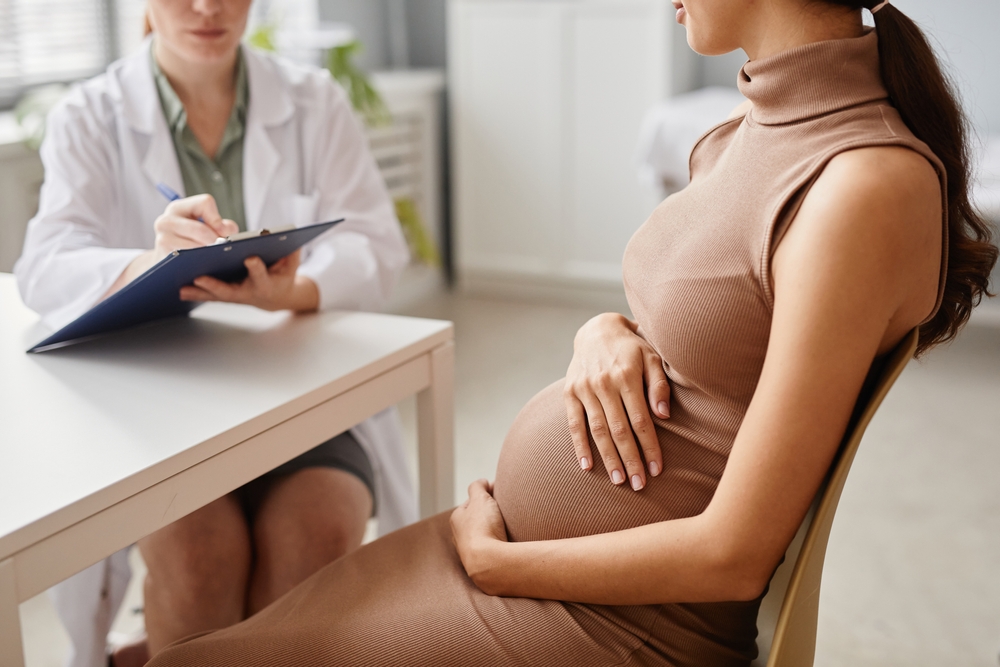
UK maternity care inquiry reveals systemic failures across NHS trusts
More than 8,000 families have contributed evidence to a major national inquiry into maternity services in England. Their experiences reveal
We don’t just look after you, we look out for you. That means we bring you insights, advice and keep you up to date on all kinds of legal matters so you can keep ahead.
We match a member of the team with the right expertise to every client, who will invest time getting to know you, who will look after your interests and ensure you have access to the whole firm when you need it.
The legal and financial matters might be complex, but we aim to keep things straightforward and explain everything in terms that are relevant to you.
Losing a baby through stillbirth or shortly after birth is devastating. We understand that families want answers-what happened, why, and whether anything should have been done differently.
Our legal team has supported many families through this traumatic time. If we believe there is a strong legal case, we’ll guide you through the process of making a claim with sensitivity and honesty.
In 2015, the UK government set an ambition to half the rates of stillbirths, neonatal deaths, and maternal deaths in England by 2030. Despite these pledges, improvements in maternity services have been slow. Read our Freedom of information report which analyses the responses from NHS Trusts on patient safety and maternity care.
Not every stillbirth or neonatal death is caused by negligence. But when mistakes are made such as missed warning signs or delays in care, we work with independent medical experts to assess whether there is a legal claim. Throughout, we’ll explain what’s happening and support you every step of the way.
Beyond compensation, many of our clients want to help ensure this doesn’t happen to other families. Where possible, we engage with hospital trusts to encourage policy reviews and better care for families in the future.
If you’d like to meet one of our experts for a confidential, no obligation chat, please get in touch.
We have offices across Cambridgeshire, Essex and Hertfordshire, but we can help you wherever you are in England and Wales.

Warm, approachable, supportive with professional expertise and knowledge.
Legal 500 UK, 2026

Most causes are not the result of medical mistakes. Stillbirths and neonatal deaths can and do happen to babies who have been healthy throughout the pregnancy. Possible causes can sometimes be due to medical failures, but every case is different and not every condition can be treated. Where there is a medical error, this is often related to failure to diagnose or treat a condition effectively. Causes, which may or may not be due to negligence, include:
There is a range of organisations that offer practical support to parents including:
Petals Charity – supports parents by providing specialist counselling as a result of bereavement, trauma or loss related to pregnancy including miscarriage, stillbirth, termination for medical reasons (TFMR) and neonatal loss.
SANDS – supports and promotes research to better understand the causes of baby deaths and provides bereavement support to parents.
Tommy’s – funds research to prevent complications and loss, provides specialist care and midwife-led advice for parents before, during and after pregnancy and supports those who have lost babies.

More than 8,000 families have contributed evidence to a major national inquiry into maternity services in England. Their experiences reveal

Ovarian cancer develops in the ovaries and is often diagnosed at an advanced stage because early symptoms are subtle and

The latest provisional data published by NHS England has revealed that 142 patient safety incidents were recorded as Never Events

A new thematic review published by NHS Resolution highlights serious and recurring problems in the diagnosis and management of Obstetric
–
–
–
–
Please complete this form and one of our team will be in touch with you shortly.